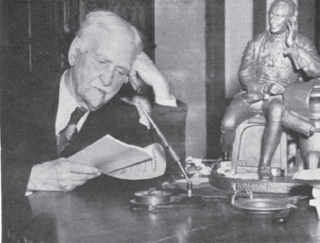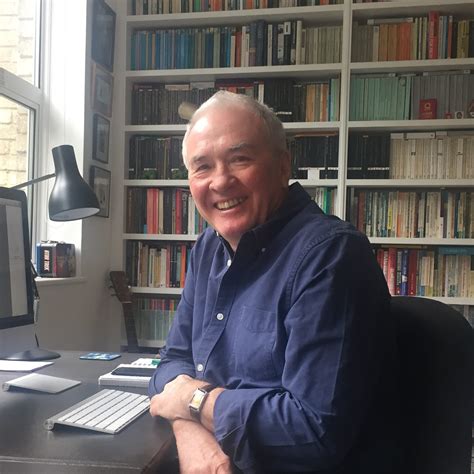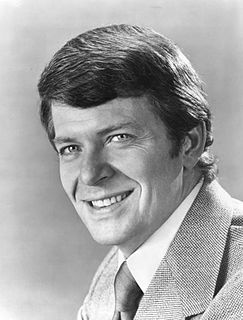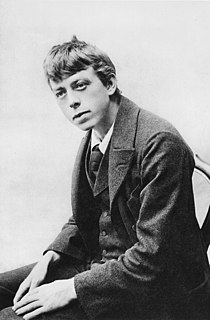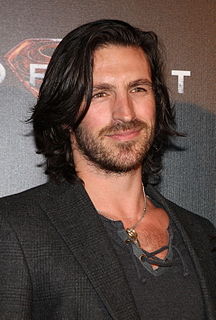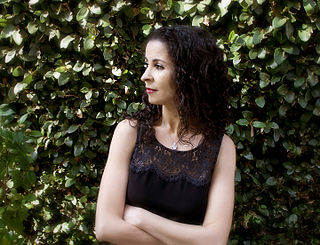Top 1200 Book Reading Quotes & Sayings - Page 3
Explore popular Book Reading quotes.
Last updated on April 22, 2025.
In America, and no doubt elsewhere, we have such a tendency toward the segregation of cultural products. This is a black book, this is a gay book, this is an Asian book. It can be counterproductive both to the literary enterprise and to people's reading, because it can set up barriers. Readers may think, "Oh, I'm a straight man from Atlanta and I'm white, so I won't enjoy that book because it's by a gay black woman in Brooklyn." They're encouraged to think that, in a way, because of the categorization in the media.
There is only one way to read, which is to browse in libraries and bookshops, picking up books that attract you, reading only those, dropping them when they bore you, skipping the parts that drag-and never, never reading anything because you feel you ought, or because it is part of a trend or a movement. Remember that the book which bores you when you are twenty or thirty will open doors for you when you are forty or fifty-and vise versa. Don’t read a book out of its right time for you.
The rules for reading yourself to sleep are easier to follow than are the rules for staying awake while reading. Get into bed in a comfortable position, make sure the light is inadequate enough to cause slight eyestrain, choose a book that is either terribly difficult or terribly boring-in any event, one that you do not really care whether you read or not-and you will be asleep in a few minutes. Those who are experts in relaxing with a book do not have to wait for nightfall. A comfortable chair in the library will do any time
IMPORTANT Book reading is a solitary and sedentary pursuit, and those who do are cautioned that a book should be used as an integral part of a well-rounded life, including a daily regimen of rigorous physical exercise, rewarding personal relationships, and sensible low-fat diet. A book should not be used a as a substitute or an excuse.
A writer writes a book. People read it. You don't know what they're reading, really. You read a review and think, "That is so inaccurate. You can't have been reading my book with any kind of attention, because that is all wrong, that's even the wrong name you're including there." But these reviewers have been diminished in importance, the work is so little respected. If you're reviewed by a real critic, by James Wood or Louis Menand, then you get something that is informed, interesting, and highly articulate. But the average review doesn't have that kind of depth anymore.
I feel lucky that I read so many books as a kid because I know that no matter how much I appreciate a book now, and I can love a book very much, it's never going to be that childhood passion for a book. There's some element, something special about the way they're reading books and experiencing books that's finite.
All morning I struggled with the sensation of stray wisps of one world seeping through the cracks of another. Do you know the feeling when you start reading a new book before the membrane of the last one has had time to close behind you? You leave the previous book with ideas and themes -- characters even -- caught in the fibers of your clothes, and when you open the new book, they are still with you.
In my case, I made the decision early on that I was going to be very open about the book and claim upfront that each of the stories was based on my life experience. I think my reasoning goes back to what I was saying earlier, about wanting the book to be "more than a book," that I wanted the reader to feel a little unsettled about what they were reading: there's a core of factual truth here.
Book love is something like romantic love. When we are reading a really great book, burdens feel lighter, cares seem smaller, and commonplaces are suddenly delightful. You become your best optimistic self. Like romantic love, book love fills you with a certain warmth and completeness. The world holds promise.
The first comic I can remember ever reading was a 'Fantastic Four' issue that my dad bought out of the drugstore once. The thing that struck me about it was that the ending wasn't an ending. It was essentially a cliffhanger. It was the first time I had ever read anything like that, where you read a book, but the book isn't the book.
Chrysostom, I remember, mentions a twofold book of God: the book of the creatures, and the book of the scriptures. God, having taught us first of all by his works, did it afterwards, by his Words. We will now for a while read the former of these books; 'twill help us in reading the latter. They will admirably assist one another.
Your very eyes. How they have always been for me the command to obey, the inviolable and beautiful commandment. No, no, I'm not telling lies. Your appearance in the doorway! ... You have been my body's health. Whenever I have read a book, it was you I was reading, not the book, you were the book. You were, you were.
I think I'm still fed by my childhood experience of reading, even though obviously I'm reading many books now and a lot of them are books for children but I feel like childhood reading is this magic window and there's something that you sort of carry for the rest of your life when a book has really changed you as a kid, or affected you, or even made you recognize something about yourself.
We get no good By being ungenerous, even to a book, And calculating profits--so much help By so much reading. It is rather when We gloriously forget ourselves, and plunge Soul-forward, headlong, into a book's profound, Impassioned for its beauty, and salt of truth-- 'Tis then we get the right good from a book.











